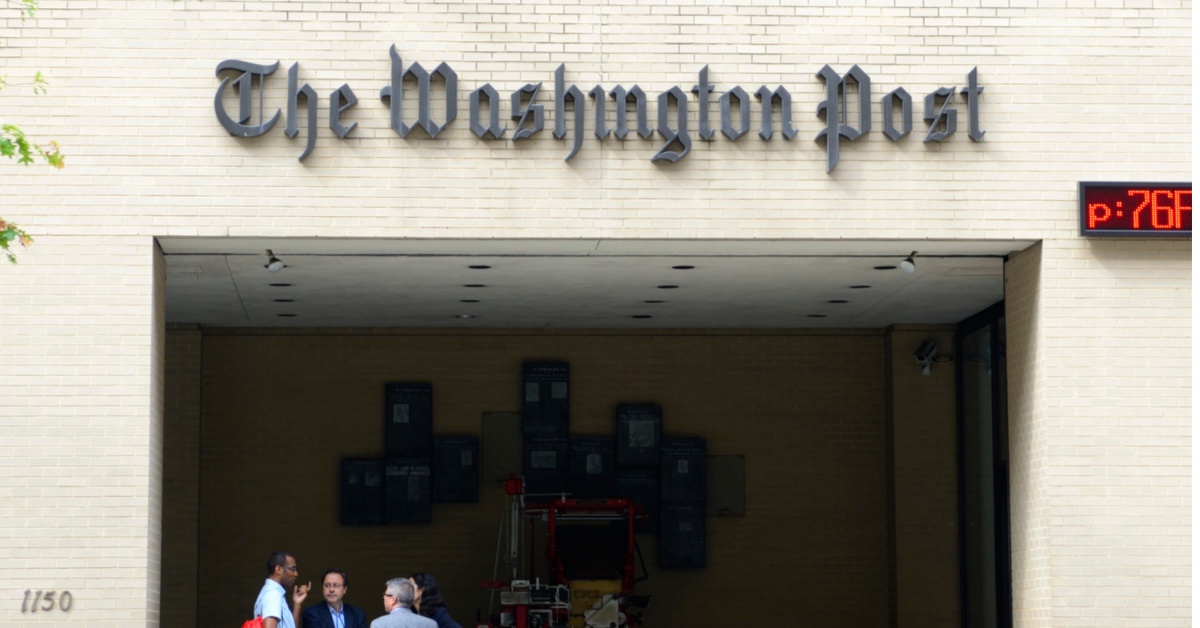
iStock.com/RoosterHD
Washington Post Could be Shifting Focus to Social Media Journalism
June 4, 2024
According to a recent announcement by the newspaper’s leadership, a shift toward social media journalism could be on the way.
The Washington Post is facing significant challenges. The newspaper is losing money and its readership is dwindling. Jeff Bezos, who acquired the publication in 2013, is seeking a fresh strategy to turn things around.
Will Lewis, CEO and publisher of the paper, announced the following message, implying a shift in strategy:
“I am excited to let you know that later this year we will be launching a new division of the newsroom entirely dedicated to better serving audiences who want to consume and pay for news differently from traditional offerings. This third newsroom will be comprised of service and social media journalism and run separately from the core news operation. The aim is to give the millions of Americans — who feel traditional news is not for them but still want to be kept informed — compelling, exciting and accurate news where they are and in the style that they want.”
However, the message isn’t conclusive and leaves room for interpretation. For example, how is “social media journalism” defined in this instance? What platforms do they aim to utilize, and how will they go about it?
There is, however, clarity on one matter based on an assessment carried out by Lewis. The existing Washington Post business strategy, which consists of a newspaper with national goals and a revenue model that includes a subscription fee, was found to be unsuccessful, according to the CEO.
Lewis hinted at a new approach to funding news, possibly through a subscription model. The goal seems to be to expand the audience far beyond the Post’s current reach, leveraging social media platforms to engage more users and generate revenue through advertising.
This strategy might seem similar to the previous digital media wave, where companies such as BuzzFeed, Vice, and even Business Insider aligned closely with Facebook’s rapid growth. The issue arose when Facebook’s objectives shifted, leaving these publishers behind.
Recent News








